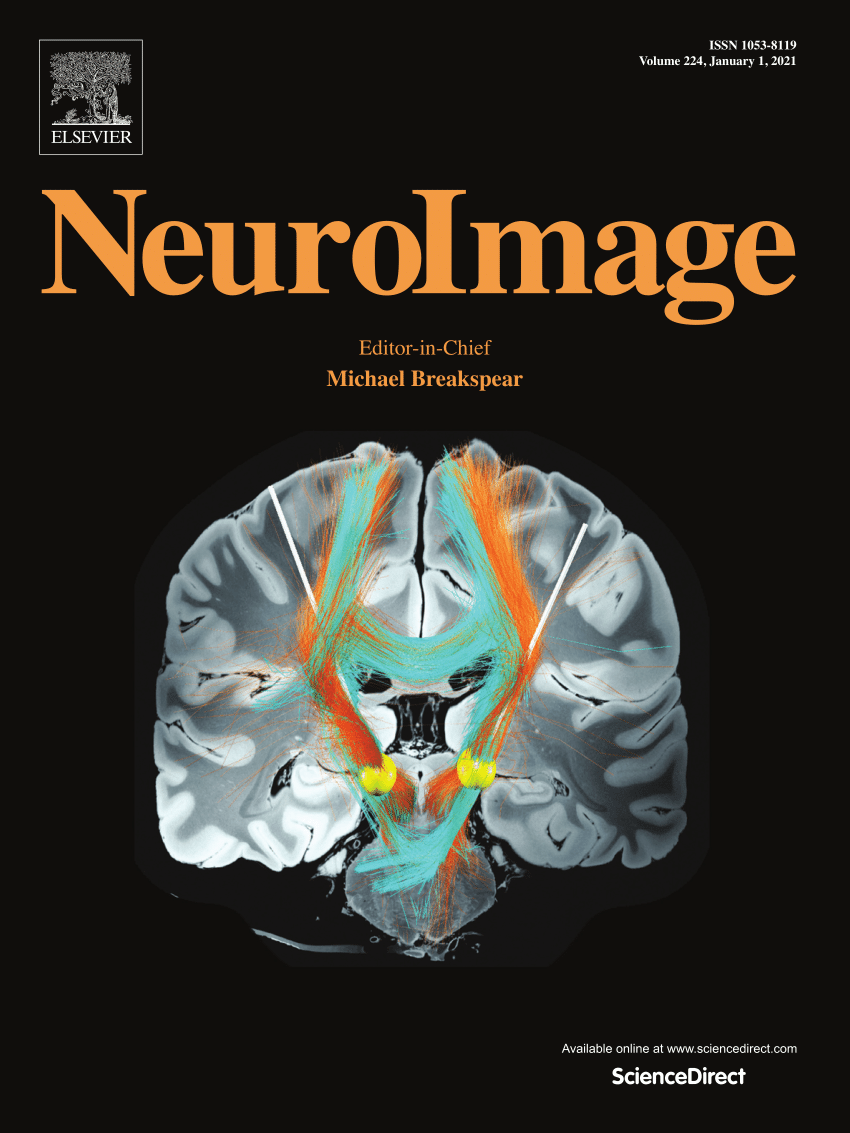Novelty modulates proactive and reactive cognitive control modes: Evidence from ERP and EEG data
IF 4.7
2区 医学
Q1 NEUROIMAGING
引用次数: 0
Abstract
Novelty refers to the quality of an idea or product that is new or unusual. It has been shown to influence a broad range of cognitive processes, such as increasing arousal and facilitating working memory. However, no studies have directly investigated the effects of novelty on cognitive control, particularly on the trade-off between proactive and reactive cognitive control. The present study employed an adapted AX Continuous Performance Task (AX-CPT) combined with electroencephalography (EEG) to investigate the impact of novelty on proactive and reactive control modes. The behavioral results showed that reaction times in BX trials were longer under novel conditions than common conditions, indicating that participants may rely more on reactive control and/or rely less on proactive control when influenced by novelty. The EEG results showed smaller effects of cue-P3 and cue-locked theta-ERS under novelty, suggesting that novelty might decrease proactive control, including the decreased maintenance and utilization of contextual information. Moreover, in the novel conditions, the effect of probe-locked theta-ERS was greater, while the effect of probe-P3 was smaller. This indicates that novelty may enhance reactive control, including increased conflict monitoring and reduced response inhibition cost. The findings suggest that exposure to novelty can influence how individuals balance proactive and reactive control, potentially causing a bias towards reactive control.
新颖性调节主动和反应性认知控制模式:来自ERP和EEG数据的证据。
新颖性指的是一个想法或产品的质量是新的或不寻常的。它已被证明能影响广泛的认知过程,如提高觉醒和促进工作记忆。然而,目前还没有研究直接调查新颖性对认知控制的影响,特别是在主动认知控制和反应性认知控制之间的权衡。本研究采用适应性AX连续表现任务(AX- cpt)结合脑电图(EEG)来研究新颖性对主动和被动控制模式的影响。行为学结果显示,BX实验中在新奇条件下的反应时间比普通条件下的反应时间更长,这表明当受到新奇影响时,参与者可能更多地依赖于反应性控制,而/或更少地依赖于主动控制。脑电图结果显示,新颖性对线索- p3和线索锁定theta-ERS的影响较小,表明新颖性可能会降低主动控制,包括减少对上下文信息的维持和利用。此外,在新条件下,探针锁定的theta-ERS的影响更大,而探针p3的影响较小。这表明新颖性可以增强反应性控制,包括增加冲突监测和降低反应抑制成本。研究结果表明,接触新鲜事物会影响个体平衡主动控制和被动控制的方式,可能会导致对被动控制的偏见。
本文章由计算机程序翻译,如有差异,请以英文原文为准。
求助全文
约1分钟内获得全文
求助全文
来源期刊

NeuroImage
医学-核医学
CiteScore
11.30
自引率
10.50%
发文量
809
审稿时长
63 days
期刊介绍:
NeuroImage, a Journal of Brain Function provides a vehicle for communicating important advances in acquiring, analyzing, and modelling neuroimaging data and in applying these techniques to the study of structure-function and brain-behavior relationships. Though the emphasis is on the macroscopic level of human brain organization, meso-and microscopic neuroimaging across all species will be considered if informative for understanding the aforementioned relationships.
 求助内容:
求助内容: 应助结果提醒方式:
应助结果提醒方式:


